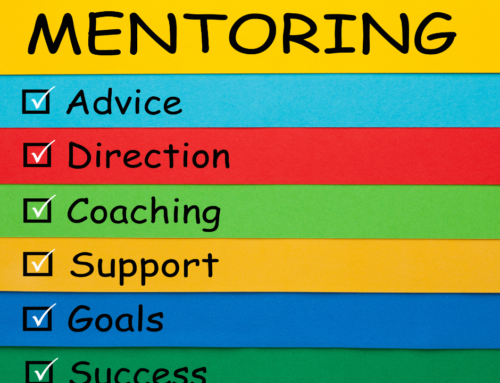As important as it is to have strong individuals in your workplace, it’s imperative that those individuals know they are part of a whole.
Everyone may not work together directly, but an organization relies heavily on the strengths of each and every one of its members—we are only as strong as our weakest link after all…
And just like a sports team vying for the NBA championship or NFL Super Bowl, having everyone know their role and working strongly as a collective unit, allows the entire organization to grow and move forward.
It’s a fact that no organization can be effective without strong team work, so in this article let’s take a look at five of the best ways to promote effective teamwork in your workplace for years to come.
1. Create A Strong Vision of Effective Teamwork
In order to get anything done, there needs to be a strong understanding of what you are actually trying to accomplish and what it will take to get you there.
It’s essential to have a clear vision of your organization’s greater goals to build up your team’s work ethic.
And with that comes the need for everyone to know what he or she contributes to the company, and how that relates to whatever task or project they are working on now.
This helps show the team how they are a part of the company’s bigger direction and makes them feel that their work is valued.
2. Take Team Building into Account During the Hiring Phase
Any organization that takes collaboration in and between its employees seriously, should show it through its hiring process.
When looking at possible new hires, it’s important to consider what skills and experiences they bring to the table. However, along with that, the recruiter must also look at how this new person will mesh with the rest of the team.
Having someone who is talented is obviously a great thing, but having someone who can share, motivate, and help his or her teammates with tasks and mentoring creates a huge asset to any organization.
Asking questions during the interview process such as, “Do you prefer working alone or in a team?” and “If you see a colleague struggling in a task, what would be your first reaction?” can help HR see if a potential hire is more of a “Hey, look at me” type, or one that will put others first.
3. Clarify Everyone’s Roles and Responsibilities
An area that often derails teams is not knowing each person’s individual role. Make sure to eliminate any confusion about what each team member’s responsibility is and where their duties start and end. This will eliminate internal struggles— especially in the long run.
When everyone knows what is expected of them, and what specific tasks and deadlines they must adhere to, the entire company benefits.
Furthermore, knowing what is important within the bigger scope is also imperative.
4. Encourage Collaboration and Communication
Even though all employees should be aware of what management expects of them as an individual, they still need to know that they are required to collaborate, share ideas, and interact with other members of their team and teams of other departments.
It’s also important that they know that asking questions, giving positive criticism, and bringing up issues to management are all okay and part of the growing process.
After all, encouragement of team interaction is how groups become stronger. By constantly communicating, employees will start to understand how their co-workers think, what each other’s strengths and weaknesses are, and where they can step up to fill in any gaps.
5. Make Sure to Hold Everyone Accountable
It’s a great thing when team members work well together, but a necessary element for completing tasks on time and effectively, is an ownership of those tasks within a project.
Take a hockey team for example, the forwards may be the ones that score the goals, but without good defence, all the hard work by the forwards will be wasted.
In business, each individual needs to be accountable for their role, know how they contribute to the overall picture, and fully commit to providing 100% effort to whatever they do.
Conclusion
In summary, having your organization’s teams working cohesively with one another is pivotal for their own individual success and that of the organizations.
Furthermore, providing your team with channels of communication to have their voices heard is important so that they can share positive and negative events that occur.
A good leader encourages others to work together and ensures they know that it’s okay to make mistakes.
After all, that’s the only way a team will get stronger and grow for the better…
On three…Go team!







Leave A Comment